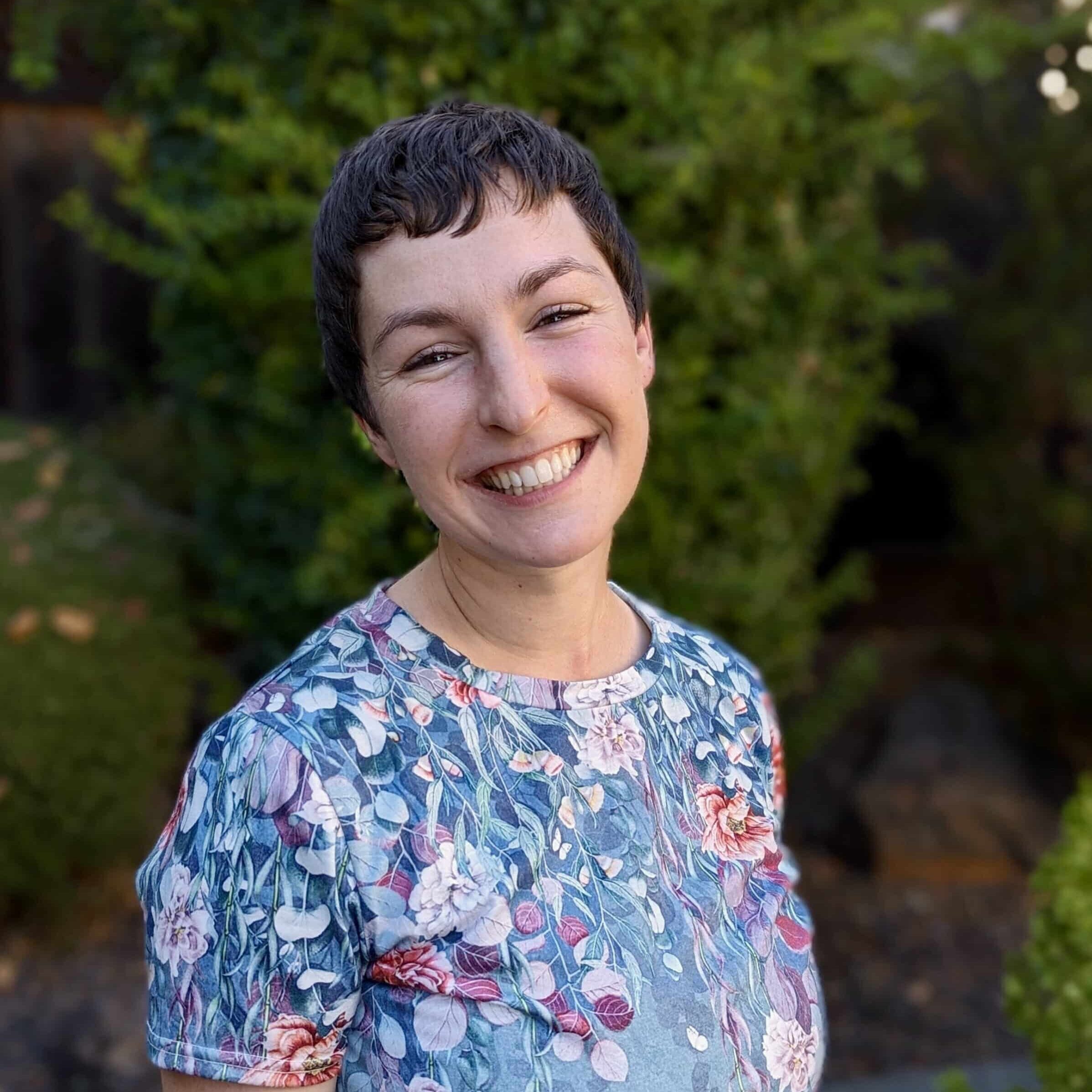Have you ever used the terms “anxiety attack” and “panic attack” interchangeably? If so, did you know there is a difference between the two? While some may be guilty of slapping a blanket statement on a particular person without much knowledge about what it means, this does not apply to everybody. There are many differences between generalized anxiety disorder (GAD) and panic disorder (PD).
Anxiety disorders occur on a spectrum, and while GAD shares many of the characteristics of anxiety disorders, there are more specific disorders. Mislabeling can be incredibly hurtful to the recipient, whether intentional or not. In all actuality, most instances of mislabeling are not intended to cause harm.
Mislabeling can even bring up shame for the unintended target. GAD and PD both fall under the spectrum of anxiety disorders. Learning and understanding the differences and similarities between the two disorders can help prevent flubs, mislabeling, and misunderstandings.
It is common to experience anxiety about many aspects of life. Feeling extremely worried about everyday life, even when there is no reason to do so, could signal GAD. According to the National Institute of Mental Health (NIMH), GAD develops slowly and affects more women than men.
Every person can experience anxiety differently, and people with GAD can exhibit a broad range of symptoms. Common symptoms include:
The symptoms of anxiety can make it difficult to function in everyday life. The longer you silently struggle with GAD, the stronger the feelings of nervousness can become.
GAD can also be present in children, and those affected often worry excessively. In children, this worry can present as being overly concerned with school performance or appearance. Adults tend to be overly anxious about their job, financial security, and their family’s health. Receiving the correct diagnosis and treatment make it possible to control the symptoms of GAD.
Experiencing an anxiety attack is a crippling experience, and if the attack occurs in public, it can only add to the anxious experience. If you witness someone struggling with an anxiety attack in public, try to have compassion. You do not always know or understand what they are going through on that particular day, and passing judgment only contributes to mental health stigma. As shown above, people with GAD are hyperaware of people and their surroundings.
Although you might not understand what they may be going through, they do understand that you may be judging them for it. Every person experiences anxiety on a different level. Being able to hold space and express compassion for each person can help remove a portion of the shame associated with public anxiety attacks.
Whereas GAD is marked by excessive worry over daily circumstances, PD is an anxiety disorder marked by fear and physical symptoms. PD can be defined as unexpected and recurring episodes of strong fear that manifest through physical symptoms. It is common to have panic attacks when you are affected by PD. A panic attack can happen unexpectedly, present many different sensations, and be a frightening experience, especially if it is the first episode. Like an anxiety attack, people will experience the sensations associated with panic attacks differently. Common physical sensations signaling a panic attack include:
Some people experience heart palpitations or other physical discomforts when having an anxiety attack. However, the discomforts associated with a panic attack can be significantly more intense. With PD, there is an impending sense of doom with no apparent cause; this imagined fear only heightens the anxiety. Many sufferers of panic attacks often fear their next attack, and in doing so, create a cycle of anxiety.
Living with anxiety is a widespread experience, but how do you know when enough is enough? Asking yourself a few simple questions can help you realize if it is time to reach out for help.
If you answered yes to any of the above, it might be time to contact Corner Canyon Health Centers to help you manage your anxiety symptoms.
Making the decision to not only confront your anxiety but to take action and begin treatment is brave. You may have lived with chronic anxiety or a diagnosed anxiety disorder for many years. Finding treatment at Corner Canyon Health Centers will offer cognitive-behavioral therapy (CBT) and medication option to help you manage your symptoms.
Life with an anxiety disorder can become crippling, and making the decision to get help is the first step toward healing. If you feel anxious about taking that first step, know that you are not alone. Many people fear taking the first step, yet they now live carefree and productive lives. Finding the treatment that is most effective for you is imperative for healing, and at Corner Canyon Health Centers, we help you do that. Our team of dedicated professionals is skilled in the treatment of anxiety disorders. With appropriate treatment and support, your anxiety can be managed, and we are here to help you navigate the waters. Call (877) 717-6237 to learn more.
